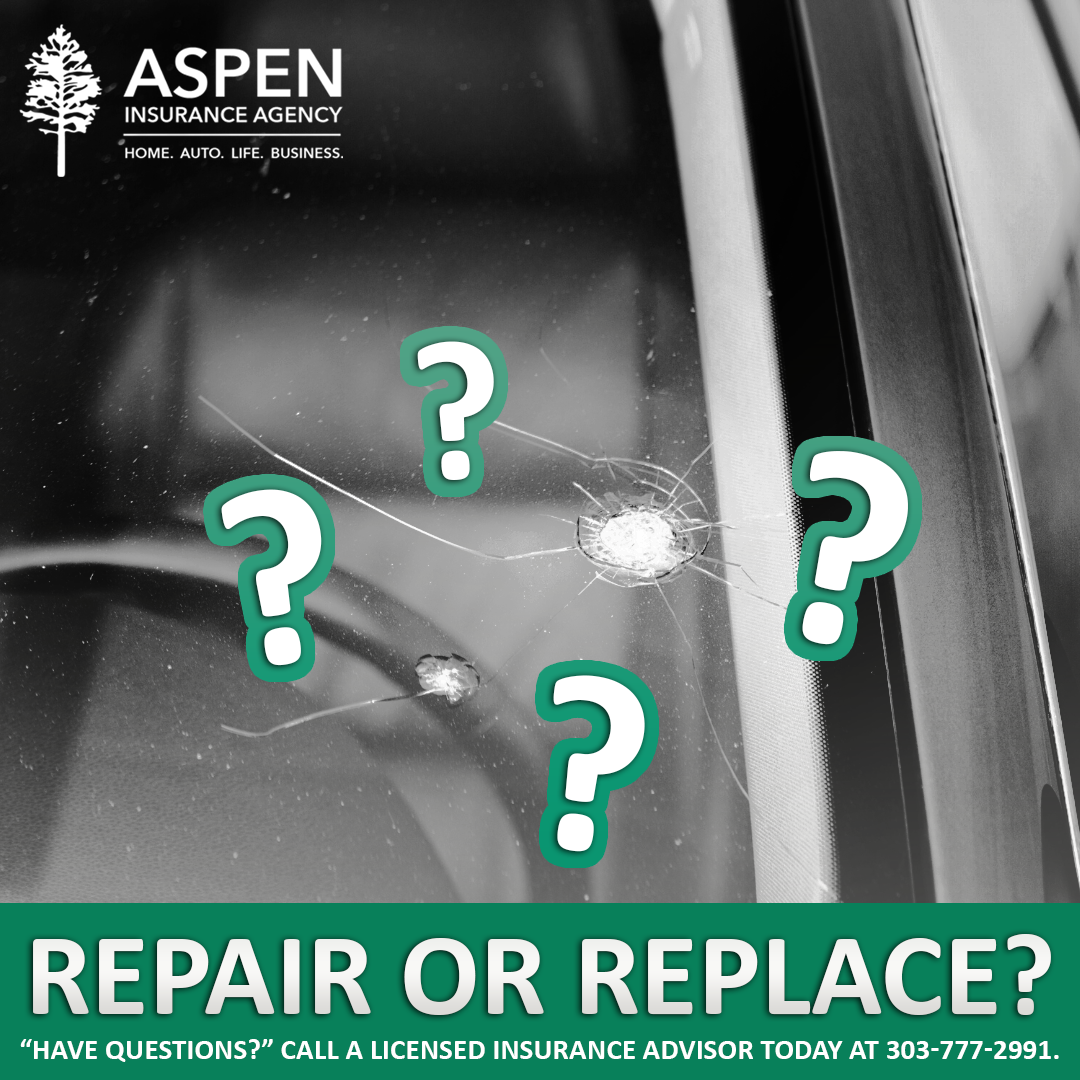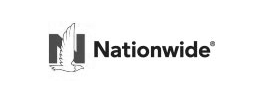Changing sea levels are an integral part of global climate change. Melting polar ice, raises sea levels, which inundates both low-lying wetlands (historically a high tide barrier to storm surge) and dry land. The shoreline erodes (reducing the effectiveness of the low-lying wetlands) contributing to coastal flooding increasing the flow of salt water into estuaries and nearby groundwater aquifers.
Higher sea levels also leave coastal infrastructure, such as homes, boardwalks, parks, more vulnerable to damage from storms.
“Relative sea level change” refers to the height of the ocean relative to the land at a particular location. As relative sea level rises due to climate change, one of the most noticeable consequences is an increase in coastal flooding.
Flooding typically occurs during seasonal high tides and storms that push water toward the shore. In recent years, however, coastal cities are flooding more frequently outside of extreme tides or high winds, due to rising sea levels. This type of coastal flooding is expected to increase in depth, frequency, and extent in the United States during this century.
Compare the number of flood days between 1950s and 2010s. According to the Environmental Protection Agency:
City Flood days between 1950 and 1959: Flood days between 2011 and 2020:
Key West, FL 0 5
Charleston, SC 0 6
Atlantic City, NJ 1 10
Bar Harbor, ME 2 10
Seattle, WA 2 3
This does not include “nuisance”, or high tide flooding when tides push water levels temporarily higher than the normal tidal line. This flooding has minor impacts, flooding some streets or overwhelming storm drains.
Recurring coastal flooding can cause frequent road closures, reduced stormwater drainage capacity, and deterioration of infrastructure which was not designed to withstand frequent inundation or exposure to salt water.
40 percent of Americans live near the coast, and more than $1 trillion of property and structures are at risk. Flooding is the costliest natural disaster in the United States, accounting for more than $268 billion in damage in 2017. Make no mistake, flooding is not just a coastal problem. In the past 10 years, every state has experienced at least two major floods.
Protecting Your Coastal Home
Given that so much is at stake, what steps can a coastal homeowner take to protect their investment? Homeowners insurance policies don’t routinely cover flood-related damage.
Instead, a separate policy is required from the National Flood Insurance Program. Purchasing flood insurance at all could prove to be a challenge for homes severely damaged in a flood, or for those that have experienced repeated flooding. And without flood insurance, it is difficult, if not impossible, to obtain a mortgage from a bank or lender, or to sell your property.
To be eligible for coverage through the program, there are four possible approaches.
Elevation
The first approach is elevating a flood prone home.
In elevating, wooden pilings are sunk deep into the soil with the structure raised to sit on top of the pilings. Where raising is unfeasible, the structure is torn down and rebuilt on pilings. The objective is to raise the living quarters and essential services (heating and air conditioning, for example) above the what’s called “the 100-year flood,” or, what FEMA refers to as the Base Flood Elevation (BFE).
The higher the lowest floor is above the BFE, the lower the risk of flooding. Lower risk usually means lower flood insurance premiums.”
Statistics show that the coastal bottom lands of the East and Gulf coasts are most likely to experience this kind of flooding. But 90% of natural disasters in the U.S. involve flooding, which also hits homes near lakes, rivers, and small streams. Even dry areas of California, scorched by wildfire that has destroyed trees and vegetation, are vulnerable.
FEMA’s BFE yardstick means many coastal homes (or homes in flood prone areas such as rivers, lakes, and small streams) must be raised 7 to 9 or more feet, with the ground level either left open, or enclosed only for storage, workspace, or a garage.
The cost of raising a house onto pilings isn’t cheap: first the structure must be lifted off the old foundation and placed into a “crib” temporarily. Then, the home is raised again, now onto the pilings. Once on the pilings, walls frequently need to be repaired and stairs must be built to enter the raised first floor.
Given what appears to be a high dollar ticket project, why elevate?
One reason is your homeowner’s insurance will not cover future flood damage. If your home has already flooded, it may be easier to get insurance to pay for the elevation.
Your flood insurance policy could cover up to $250,000 of loss to the structure and up to $100,000 of personal property. Filing an Increased Cost of Compliance claim may enable you to receive up to $30,000 (check with your insurance agent for your specific coverages).
FEMA also has a Hazard Mitigation Program called Flood Mitigation Assistance which may help you cover the cost to elevate. Also, elevating or flood-proofing your home will lower your flood insurance rates. Without it, your rates could climb 20% a year over the next five years. Since FEMA is $20.5 billion in debt from continuing hurricanes and other disasters, cheap flood insurance—which still averages less than $1,000 a year—could be a thing of the past.
The other approaches:
Demolition
The reality is some homes are too damaged to elevate or restore or, due to erosion, it is too dangerous to rebuild on that location at any level. For those homes or structures, the only real option is to tear down and remove the home or structure.
Not ideal, and it may be easier and cheaper to rebuild in a not-so-flood-prone location and elevate, rather than restore in place.
Relocation
Relocation is recognition that it is impractical to rebuild or elevate. Doing so will just put off the inevitable. So, here, the home, business or structure is removed from the site moved to a less flood-prone location.
Floodproofing
Floodproofing is typically an option for non-residential buildings. In floodproofing, the building is made watertight through a combination of adjustments or additions of features to the building. The intent is to reduce the potential for flood damage.
“If you don’t have a mortgage, you’re not required to have flood insurance,” says spokesperson Mark Friedlander, of the Insurance Information Institute. You can still have regular property insurance, but as any home insurance agent will tell you, it doesn’t cover a flood, whether it happens in a hundred years . . . or this one.
Aspen Insurance Agency is a family run business in Denver, Colorado servicing clients nationwide. We work with multiple insurance carriers to offer our customers a wide variety of risk reduction coverage at the lowest possible cost. We offer a wide range of personal, auto insurance, commercial and professional insurance to residential and commercial insurance customers enabling the cheapest rates available. Call to speak to one of our professionals for home or business insurance and see how painless insurance shopping can be.



































































